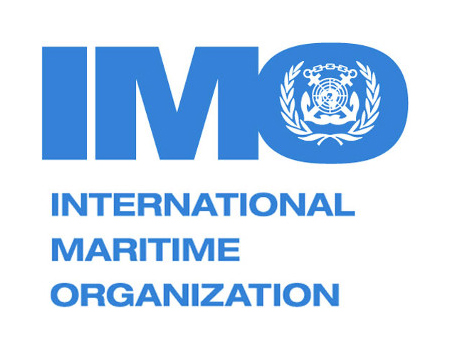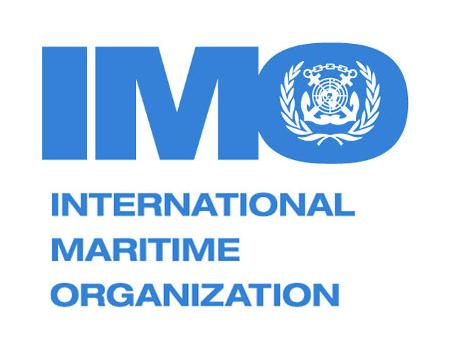 The International Maritime Organization (IMO) and the Pacific Community (SPC) have a long-standing partnership working with Pacific Island countries and territories for the improvement of shipping services in the region that are affordable, reliable, safe and clean.
The International Maritime Organization (IMO) and the Pacific Community (SPC) have a long-standing partnership working with Pacific Island countries and territories for the improvement of shipping services in the region that are affordable, reliable, safe and clean.
As a specialised agency of the United Nations, IMO is the global standard-setting authority for the safety, security and environmental performance of international shipping. Its main role is to create a regulatory framework for the shipping industry that is fair and effective, universally adopted and universally implemented.
International shipping transports more than 80 per cent of global trade to communities all over the world. The Pacific, as with other regions, relies on a safe, secure and efficient international shipping industry – and this is provided by the regulatory framework developed and maintained by IMO.
The shipping industry can only operate effectively if regulations and standards are agreed, adopted and implemented on an international basis. IMO is the forum at which this process takes place.
IMO measures cover all aspects of international shipping – including ship design, construction, equipment, manning, operation and disposal – to ensure that this vital sector remains safe, environmentally sound, energy efficient and secure.
SPC has observer status with IMO. Our organisations collaborate on a number of ongoing activities including:
- Maritime governance and safety;
- Facilitation of maritime traffic, particularly in Small Island States;
- Energy efficiency in shipping; and
- The empowerment and integration of Pacific women in the maritime sector.Our SPC Regional Transport Programme plays a major regional role in ensuring Pacific Island governments and administrations comply with international and regional maritime instruments and that there are systems and structures in place to align national frameworks with these ratified requirements.
We are the main regional organisation dealing with maritime matters in the Pacific and are the implementing body for IMO technical cooperation division activities.
For many Pacific Island communities, domestic shipping is the only means of travel and trade – hardly surprising given the 22 Pacific community members are spread across 30 million square kilometres of the Pacific Ocean.
Domestic shipping in the Pacific faces complex, wide-ranging issues, such as political and commercial pressures, ineffective compliance and enforcement, and a lack of supply and servicing capability for machinery and lifesaving equipment.
This places a major responsibility on regulatory authorities to ensure vessels operate in a sound, seaworthy condition, posing no danger to the lives of those on board.
